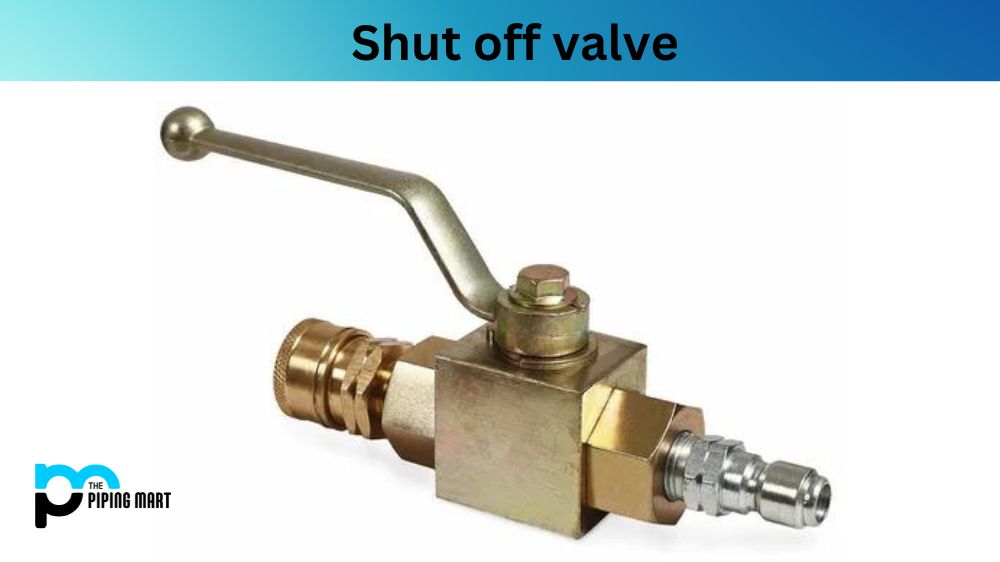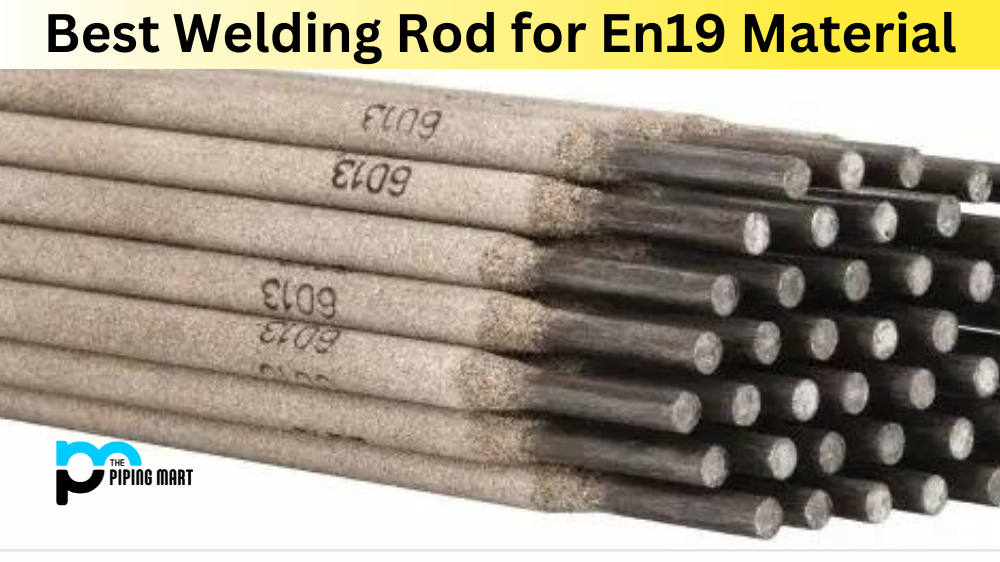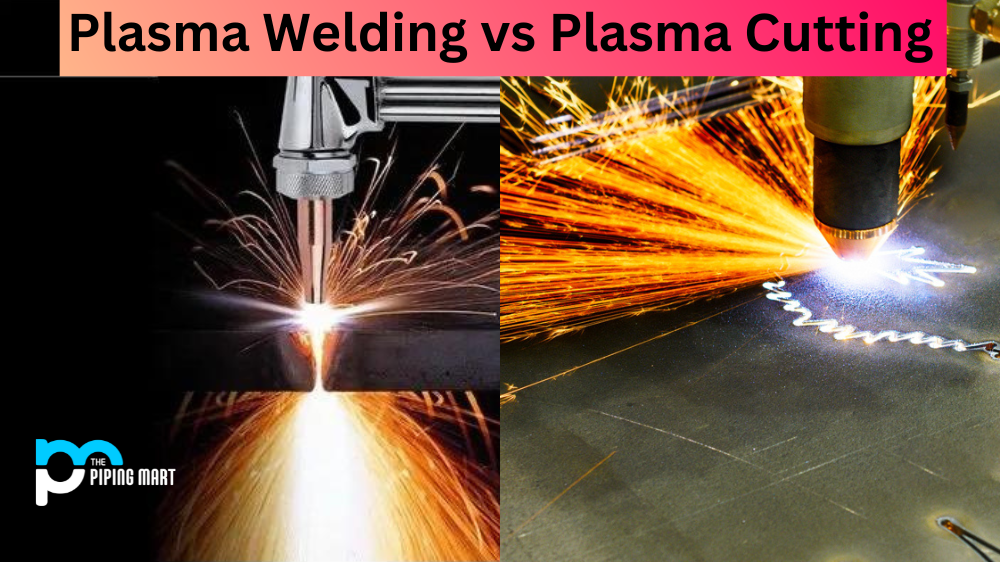Using a shut-off valve can be advantageous and disadvantageous when it comes to gas and water lines. A shut-off valve is a fixture that allows you to manipulate gas or water flow to keep your home safe. Deciding whether or not to use shut-off valves is an important decision every homeowner should make. In this blog post, we will discuss the pros and cons of using shut off valves – so you can decide whether they are a good fit for your home.
What is Shut off Valve?
A shut off valve is a plumbing device used to restrict or stop the flow of water. It consists of a threaded spindle that can be turned manually, or with a handle or lever, to regulate the flow of water. Shut off valves are incredibly versatile and important for maintaining efficient plumbing in any home.
Advantages of Using Shut off valve
Convenient Control: The primary advantage of using a shut-off valve is that it provides convenient control over water or gas flow. You can easily switch it on or off, depending on your needs. This is especially important in emergencies such as a gas leak or a burst pipe where immediate action may be required to prevent damage or danger.
Simple to Install: Shut off valves are relatively easy to install, and you can carry out installation as a DIY project if you have the right tools and knowledge. Once installed, they are exceedingly reliable and can provide years of service without maintenance.
Prevention of Water or Gas Leaks: A shut-off valve can be a preventative measure in a home. If a pipe or installation starts to leak, you can quickly shut off the gas or water flow before any damage is done. This can save you much money in repair bills and prevent potential health hazards.
Disadvantages of Using Shut off valve
Potential for Error: While a shut-off valve can provide significant benefits, it can pose a potential hazard if not installed or used correctly. Incorrect installation or misuse can cause the valve to fail or malfunction, resulting in accidents or gas or water damage.
Inconvenience for multi-story homes: Using shut-off valves for individual floors can become tedious and cumbersome if your home is spread over multiple floors. You may have to install multiple shut-off valves, which can add to installation and maintenance costs.
Complexity: Unlike other plumbing or gas fixtures, shut off valves can be confusing. If you are unfamiliar with the system and need proper training, operating a shut-off valve in an emergency may be challenging.
Conclusion:
In conclusion, there are both advantages and disadvantages to using shut off valves. It’s important to weigh the pros and cons against your needs and situation. While shut off valves can provide convenient control, prevention of leaks, and easy installation, they also come with the downside of potential risk and maintenance costs. Whether to use a shut-off valve ultimately depends on your comfort level and knowledge of the system. If you are unsure or need expert advice, consult a professional plumber or gas technician to ensure you make the right choice.

A passionate metal industry expert and blogger. With over 5 years of experience in the field, Palak brings a wealth of knowledge and insight to her writing. Whether discussing the latest trends in the metal industry or sharing tips, she is dedicated to helping others succeed in the metal industry.




